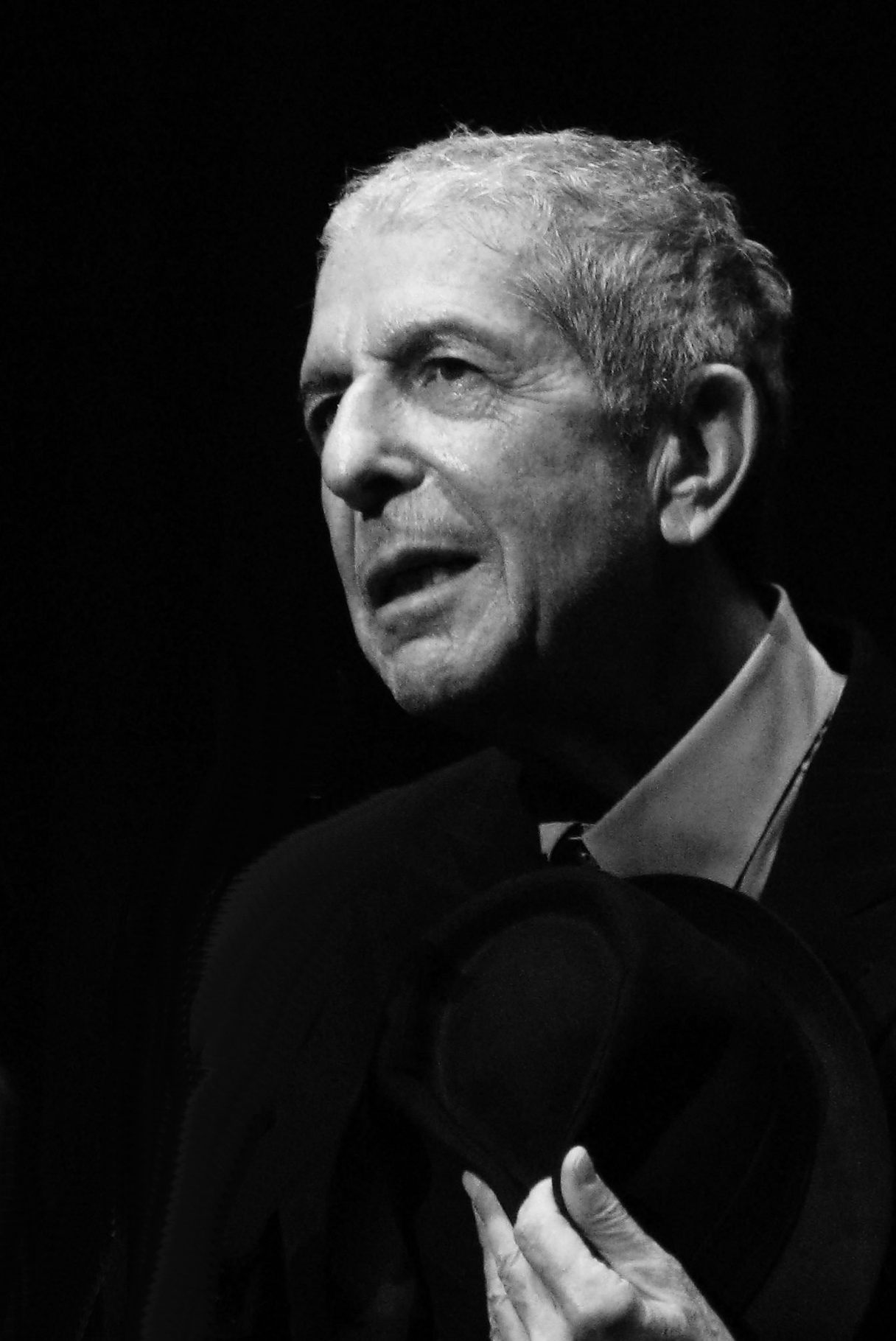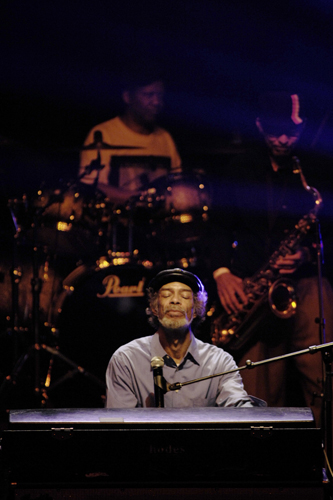The following is an excerpt from a 14 September 2014 email exchange between Art and Will.
Art:
Art:
I guess my affinity for the violent Agnieszka is that I find the idea of staging an attack like that funny. The band has been rocking "Tunnels within Tunnels" for a few minutes and Arthur is finally triumphantly trotting up through the crowd toward the stage (I imagine him in an all-white jumpsuit thing with a little sequined cape). Agnieszka broadsides him and starts beating the crap out of him. She finally leaves, and Arthur, trying his best to save face, slinks up on stage to join the band.
But I think your "cut all ties" idea is just as plausible.
Yes, I agree maybe there's a myth of those "immaculate" conceptions. Perhaps this is a myth that Will perpetuates for some reason--maybe legal. For obvious reasons, I don't think Arthur should actually have that power, which would never be a God-given thing (twofold meaning of the conjugal act, Humanae Vitae).
I do think The Sound of Music would be worth mining as kind of template that would be distorted in Arthur's life. Will is, in some ways, more like Georg Von Trapp than Arthur is, what with his patriotism and strict demeanor. But many of the same elements are present in both stories. In some ways, Arthur and Will are Maria and Georg, respectively, temperament wise. Like Maria, Arthur is convinced he has a calling, one that his association with Will pulls him out of. In Maria's case, that turning point was precipitated by love. It's almost the opposite in Arthur's case. But Will is also like the manager in the film who first realizes the possibility of fame and riches.
Maybe we should keep these ideas in mind for a musical.Will:
Three clarifications:
- I also think the violence is hilarious. There's no reason why we can't have fits of public violence followed by the cutting of all ties.
- Yeah, of course Arthur can't really have that progenerative power. That's why I've never taken it seriously. But Will perpetuating the myth, maybe not only for legal reasons but to make the levitation seem less possible by surrounding it with a bunch of other ridiculous claims while simultaneously creating extra buzz makes sense.
- I was just thinking of Agnieszka as a single mother trying to force a Von Trapp thing out of the kids. Having Arthur and Will be a part of it wouldn't make much sense with their crowded schedules, but it would play up the similarities between Will and Agnieszka as profiteers and exploiters of family. I was kind of thinking of a way to deal with a distortion of Spartacus I have in my head. Arthur hears a heavenly call to bring his music back to the masses and scrape out some sort of meager tour even though nobody has heard of him. Suddenly, there is a whole flood of people claiming to be Arthur White.






![Michigan Central Station [3]](https://farm3.staticflickr.com/2544/3683765079_aa31e9ecf0_z.jpg)
